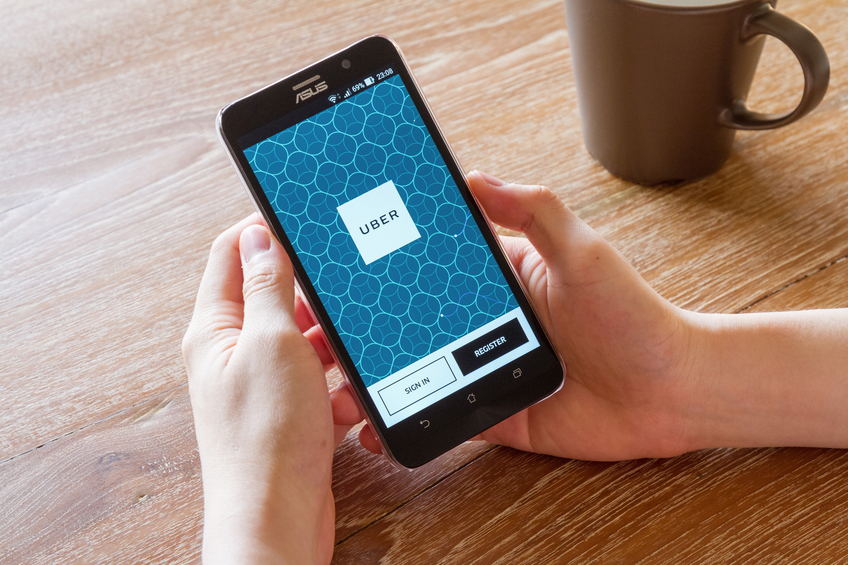Uber and Lyft are under orders to reclassify their drivers in California as employees instead of independent contractors, after a judge issued a temporary injunction on August 10. Uber quickly announced it would file an emergency appeal.

The injunction comes as a result of a lawsuit the state filed claiming the app-based rideshare companies are in violation of a state law, Assembly Bill (AB) 5, that went into effect in January. AB 5 sets strict criteria for independent contractors and assumes most workers should be classified as employees instead of contractors.
Mark I. Schickman of Schickman Law in Berkeley, California, says the judge’s decision isn’t surprising. Although the companies maintain they should be considered app development companies more than businesses providing rides, the court said it defies common sense to say that, so they “don’t have much of a chance in court,” Schickman says.
Uber, Lyft, and other businesses relying on the same business model are hoping for a better chance in November, when California voters will decide on Proposition 22, which seeks to define app-based transportation and delivery drivers as independent contractors.
The website Ballotpedia.org says Uber and Lyft, along with other companies, including DoorDash, Instacart, and Postmates, have invested millions in the campaign to pass Proposition 22.
If they have to rely on making their case under the restrictions of AB 5, they likely will have a tougher time, since AB 5 uses the “ABC test” to determine whether a worker can be legally classified as an independent contractor. Under the ABC test, a worker is an employee unless the hiring entity satisfies all three of the following conditions outlined by the state’s Department of Industrial Relations:
- The worker is free from the control and direction of the hiring entity in connection with the performance of the work, both under the contract for the performance of the work and in fact;
- The worker performs work that is outside the usual course of the hiring entity’s business; and
- The worker is customarily engaged in an independently established trade, occupation, or business of the same nature as that involved in the work performed.
“It’s always been an uphill slog for Uber and Lyft to say they are in any other business than providing drivers to provide rides,” Schickman says. The judge issuing the temporary injunction found the companies are engaged in the transportation business.
Beyond California
Whether the California action will affect the independent contractor model in other states is unknown, but traditional tests for determining worker classification likely come down in favor of employee rather than contractor status.
Uber and Lyft have made the case that their drivers can set their own fares and determine their own terms, but they still must meet certain company requirements. The more control a company exerts over workers, the more likely the worker should be classified as an employee instead of an independent contractor under the law.
“Every time you throw another rule into the hopper, you give up [the ability to say you’re not in] control,” Schickman says.
As the business model used by Uber, Lyft, and other companies has proliferated in recent years, some wonder if the legal climate might become more tolerant of the use of independent contractors. Schickman says the same question arose during the recession in 2008, when a lot of companies were touting high unemployment numbers as a reason to allow more use of contractors.
Whether legislatures amend the rules to let Uber, Lyft, and other companies operate with independent contractors is a political question that will have to be answered in every state, Schickman says, “but it hasn’t happened yet.”
Tammy Binford writes and edits news alerts and newsletter articles on labor and employment law topics for BLR web and print publications.
